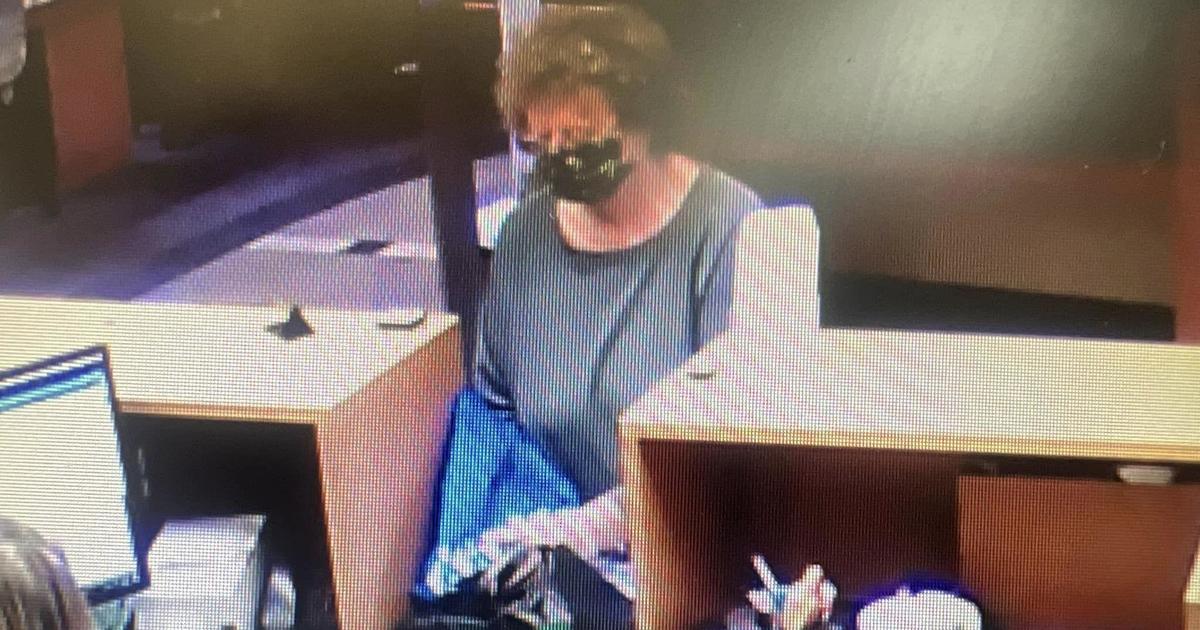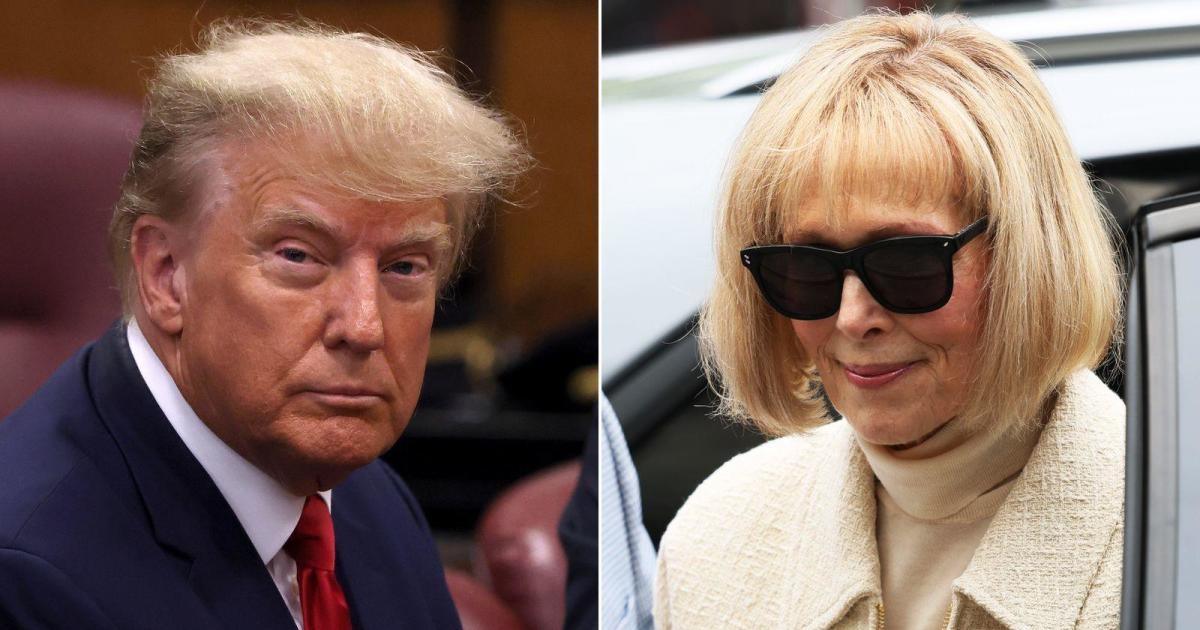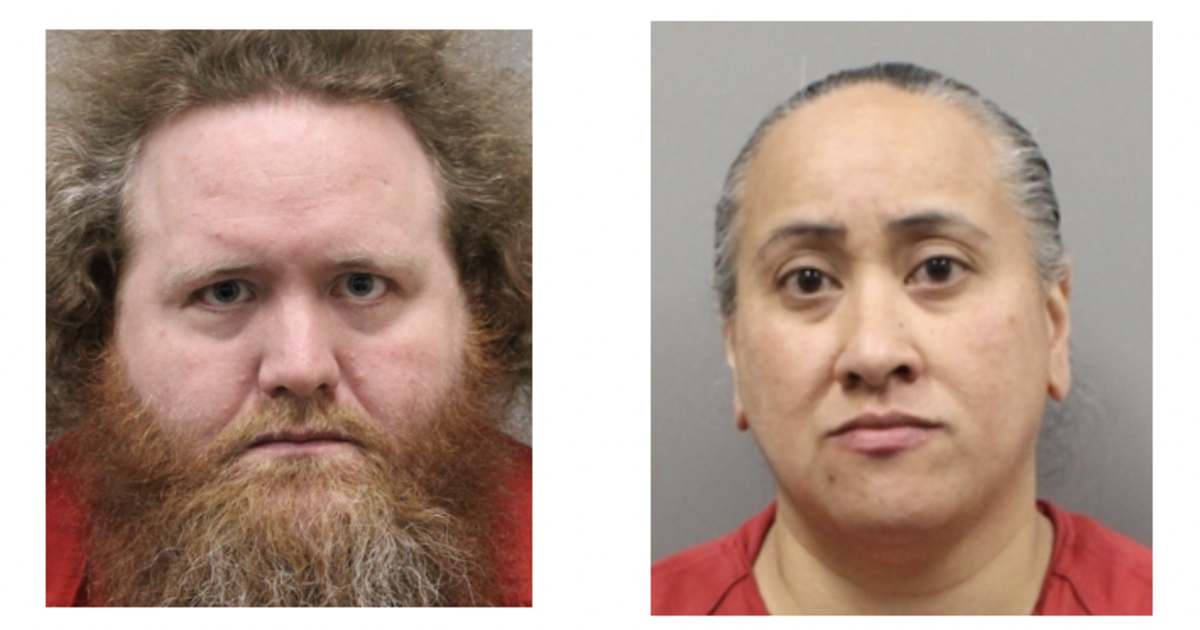New Jeffrey Epstein accusers push for protections for adult sex abuse survivors
Two women who say they were repeatedly sexually abused by Jeffrey Epstein beginning when they were 19 are supporting New York state legislation that would extend the time period for those sexually abused as adults to pursue civil legal action.
The two women, who both requested anonymity, are part of a group of nine who filed a lawsuit in New York against Epstein's estate this month, seeking damages for battery, assault and intentional infliction of emotional distress. Epstein was facing charges he was operating a massive sex trafficking ring when he died by suicide in a New York jail cell in August.
Epstein's death effectively ended the criminal prosecution against him, but many of his accusers have filed civil suits seeking compensation from his estate. The latest nine claims date from 1985 to the 2000s and include several women who say they were raped repeatedly. Three of the women say the sex abuse began when they were 13, 14 and 15. The two women who spoke with CBS News, called Jane Doe V and Jane Doe VI in the lawsuit filed December 3, were both considered adults when they say the abuse began. They describe Epstein as a powerful "master manipulator" who preyed on their youth and inexperience to control and abuse them.
Those who were abused as children can bring their suit under New York's Child Victims Act, signed into law this year, which extends the statute of limitations for those who were minors at the time they were abused to file civil claims until they are 55. And it opened up a one-year window for those abused before the law was enacted to file claims. But advocates say a gap still remains when it comes to those who were 18 or older at the time of abuse.
New York state law allows a year from the closure of criminal action for victims to bring civil suits, but those who were abused as adults by Epstein still face the worry the claims could be dismissed on statute of limitations grounds, said Jordan Merson, the women's lawyer. The proposed Adult Survivors Act would address that issue, he said.
The Adult Survivors Act would open a similar one-year window for previously ineligible claims as the Child Victims Act, placing adult survivors on "equal footing" with child victims, Merson said.
In the Epstein lawsuit, he said, all nine victims were part of the same criminal plot despite their age differences.
"It shouldn't matter if you were 17 years and 364 days old or if you were 19 years old, they were all part of the same scheme, they were all taken advantage of and they were all manipulated in every way possible," Merson said.
The legislation is expected to be debated in the 2020 legislative session, according to a spokesman for New York state Senator Brad Hoylman, who introduced it.
"We both really believe that it shouldn't matter what age you're at when any of this happens to you — you should have access to the same justice system," Jane Doe V told CBS News.
The women are filing the lawsuit ahead of a March 2020 deadline set by a probate court in the U.S. Virgin Islands, where Epstein's estate is based, to file claims for compensation there. The estate's executors have asked a U.S. Virgin Islands judge to set up a voluntary compensation fund to resolve victims' claims.
Merson said his clients would need more information before considering whether to participate, and maintained all of Epstein's estate should be set aside for survivors.
Jane Doe V said she had recently moved to New York City from a rural New England town in 2004 and was working as an actress when a roommate told her about an opportunity to make $300 by giving half-hour massages. Jane Doe VI was a college student in 2001 when she was first told of Epstein by an acquaintance who said he was a powerful man who could help her career in fashion.
Both women said the abuse began in Epstein's "massage room" and escalated over the course of several years. Jane Doe V said she was at first ordered to take off her clothes to massage Epstein, and the abuse later escalated to forced oral sex and masturbation.
Afterwards, she said, she was left "bawling my eyes out." But she said Epstein "promised her the world" to lure her back, manipulating her with prospects of career opportunities.
"He's like, 'I will take care of your career, I will introduce you to powerful people, you are set,'" Jane Doe V said. "When you tell that to a kid who is 19, I believed everything — I really believed I was in good hands with him, even when he would sexually abuse me."
She said the abuse continued four to five times a month for about two years.
Jane Doe VI also said Epstein lured her with promises of career advancements, as well as trips. He offered to pay for her to take her first trip abroad in 2001, after he first abused her at his New York townhouse. She accepted, but when she returned home, she said she began receiving calls from Epstein's secretary urging her to come to his private island in the U.S. Virgin Islands. She said the prospect scared her because Epstein had made her feel trapped before. But she said the secretary was persistent.
"It made me nervous if I didn't agree to it, something would happen," she said. "I was just in fear."
Eventually, Jane Doe VI said she relented and traveled to the island, where she met Epstein's girlfriend Ghislaine Maxwell. Jane Doe VI said Epstein took her to other locations internationally, where she was abused and raped. The abuse continued for about four years, she said.
Maxwell has not been charged with any crime and has denied wrongdoing.
Both women described devastating emotional and economic impact from the abuse, saying it impacted their mental health, relationships and careers.
"It follows you," said Jane Doe VI. "I'm just now coming to terms with it. The fact that he died helped, for me, to have some sort of closure that I can finally start to heal."
Jane Doe V said despite her enthusiasm and talent for acting, she turned down roles when Epstein made comments like "you're not ready, you're not thin enough, they're going to eat you alive."
"If I could have taken all that excitement and everything I had in my life at that time and done something differently, I would have been in a much different place than I am today," she said, crying. "But no — I listened to this master manipulator."
Jane Doe VI said Epstein encouraged her to drop out of college, affecting her career path, and she still suffers from nightmares.
Both said it took years for them to process the abuse and come forward, which experts say is common especially among survivors who were young adults when they were abused. The extreme power differential between abusers and their victims is one major reason that victims can be scared to speak up, said Marci Hamilton, CEO of Child USA, a think tank that advocates to extend statutes of limitations for sex abuse victims.
"Especially in the situation of trafficking, the power differential is so enormous, they are intimidated into silence for a very long time," Hamilton said. "When you add intimidation to shame and humiliation, and not really understanding exactly why or how this happened to them, you get a lot of silence, sadly."
When both criminal and civil statutes of limitations have expired, the time windows for civil action provided by proposed laws such as the Adult Survivors Act are often the only avenue for many victims to receive justice, Hamilton said.
Hoylman, the senator who championed the legislation, agrees.
"Survivors have experienced horrific trauma and abuse, and many do not immediately come forward," Hoylman said in a statement. "They deserve our support whenever they decide they are ready to pursue justice."
- Additional reporting by Sarah Barth




